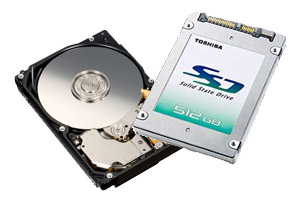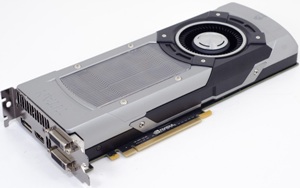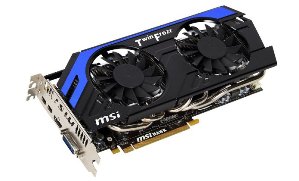Now the summer is almost here, your PC needs all the cooling it can get, especially if you are into gaming and overclocking. Getting the cooling right is part physics and part proper hardware. One can have the best solutions under the hood, but if not properly calibrated, it will do little to cool the sizzling heat of a running PC in the Summer. Consider some of the following things before buying a PC;
Casing size and airflow
If you keep your PC’s casing closed, the size and airflow of the casing becomes critical. As a rule of thumb, bigger casings provide better cooling. Equally critical is the airflow of the casing. If the exhaust fan’s opening is facing a wall or a wooden board (as with the case in most computer tables with a closed cabinet to hold the CPU), the temperature of the computer will skyrocket. Make sure that the CPU is at-least 10 inches away from a wall and is surrounded by good external airflow.
CPU heat sink and conducting material
When a CPU is installed, it is fixed to a heat sink by a thin layer of conducting material known as thermal paste. In case you have upgrade your motherboard or removed the heat sink, it is important to reapply the thermal paste before re-fitting the heat sink. Neglecting to do so will risk overheating the CPU and can potentially damage a lot of components. In case you are getting your processor changed by a professional, insist on a new new application of thermal paste.
Power supply
Contrary to popular thought, a low-power PSU (power supply unit) does not lead to fever heating issues. In fact, a power-starved system is more likely to run into heating and electrical issues than a stable high-power system. If your system keeps on crashing in the summers with motherboard emitting loud beeps, it is time to change your power supply immediately.
Casing fans
Adding more fans to the casing can really help maintain your PC’s temperature. Get two low-cost cooling fans and install them. This will ensure that all the hot air circulating inside the PC is quickly sucked out of the system and is replaced with relatively cooler air, which is in turn circulated out.
Overclock only if you are ready
Overclocking is a delicate process that needs to take into account several factors before jumping headlong into it. This means that the RAM module rating, CPU’s overclocking capability, etc need to be carefully measured before pressing the peddle to the metal.
Thermal Sensors
If you have a motherboard with thermal sensors for the CPU as well as the casing, make sure you install its software in your operating system. On hotter days, keeping an eye on internal temperatures will help you ensure that your PC remains healthy throughout.


